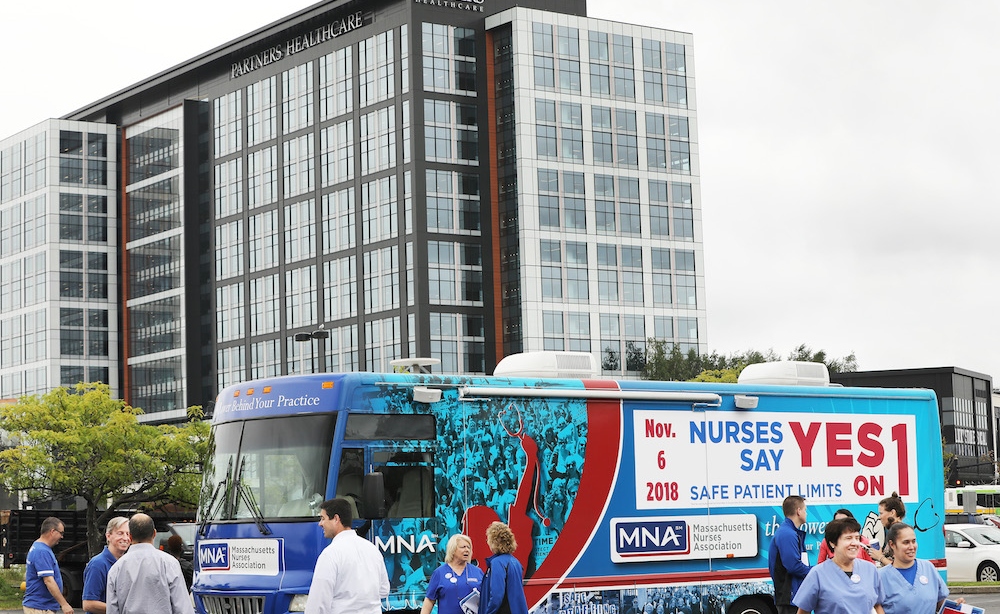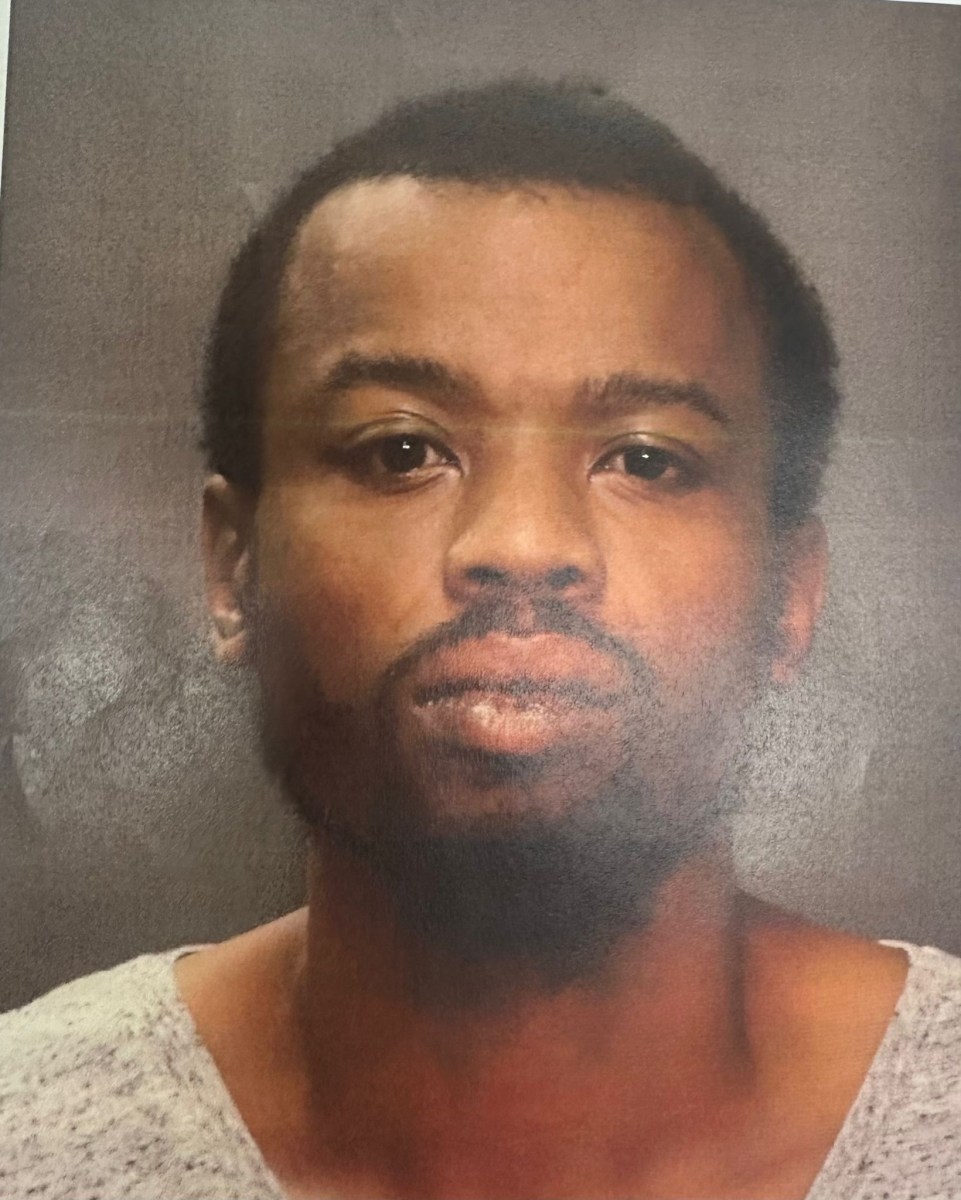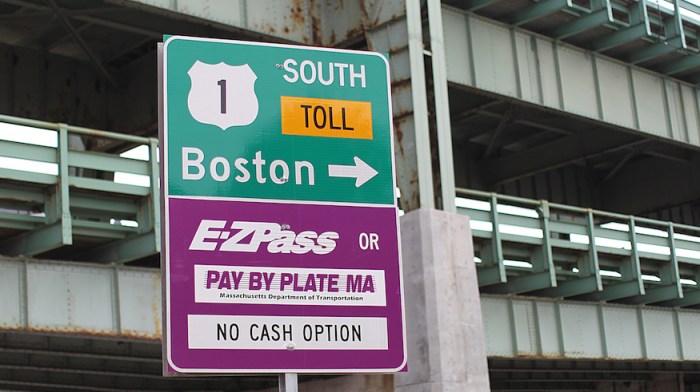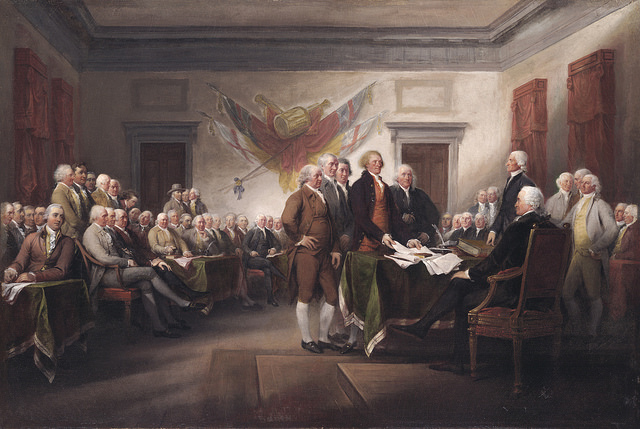The total annual costs of a ballot question that would limit the number of patients assigned to one nurse would land between $676 million and $949 million, according to a new state analysis that cautioned those figures are likely on the conservative side.
Less than five weeks before voters will decide Question 1, the Health Policy Commission on Wednesday released its findings from a study that found an additional 2,286 to 3,101 full-time nurses would be required to meet the proposed staffing mandates, with the greatest demand at community hospitals and for night shifts.
Health Policy Commission Chairman Stuart Altman told reporters that the initiative, its associated costs and the way hospitals choose to respond if it passes could “force a lot of other changes” to health care in Massachusetts.
“There are a number of changes that could take place short of having this add to the costs, but it would require more significant changes in different aspects of what we now spend,” he said. “I think it would add to the cost of the system. Whether we choose to afford it or not is another issue.”
Though Altman said the HPC’s analysis wasn’t intended to tell people how to vote and that the commission sought to avoid the political fight over the ballot question in conducting its study, the campaigns quickly pounced on its results.
The Yes on 1 campaign blasted the commission early Wednesday morning over the data it used and the process involved, calling the review a “missed opportunity . . . to shed light on a important patient safety issue.”
“This guess on costs by the HPC is irresponsible and inconsistent and resembles nothing that the HPC has ever done before. This estimates a cost of $300k per nurse FTE, per year, and — like the inflated numbers distributed by hospital executives — there is no independent data source or transparency in these cost estimates,” Massachusetts Nurses Association President Julie Pinkham said in a statement.
Pinkham said that data the HPC used came from opponents of Question 1 and said “hospital executives have blocked every transparency effort, from the Supreme Judicial Court all the way to independent analysis by what should be a watchdog agency.”
Dan Cence, a spokesman for the Question 1 opponent group Coalition to Protect Patient Safety, said Wednesday marked “an absolutely terrifying day for health care in our state.”
“The Health Policy Commission’s analysis confirms that the negative consequences are too great and the costs are too high for rigid, government mandated nurse staffing ratios in the Commonwealth. This puts the cost question to bed,” Cence said.
Gov. Charlie Baker last week declined to stake out a position on Question 1, saying he was awaiting the HPC’s report. A Baker campaign spokesman on Wednesday said the governor will now carefully review the findings. Democratic gubernatorial nominee Jay Gonzalez supports the ballot question.
The HPC said hospitals would face other one-time expenses, and that implementing the staffing ratios could save an estimated $34 million to $47 million due to shorter hospital stays and reduced adverse events associated with the hiring of additional registered nurses.
The review was led by David Auerbach, the commission’s director for research and cost trends, and University of California San Francisco professor Joanne Spetz, who the commission brought on in August as an outside consultant.
Spetz has studied the effects of the nurse staffing law in California, the only state with mandatory nurse-to-patient ratios in place for all hospital units. The initiative petition here is more strict than the California law, according to the HPC.
As of 2016, Massachusetts had higher levels of nurse staffing than both California and the country as a whole, the HPC analysis found, and registered nurses here earn more than those in most states. Increased demand for registered nurses would likely drive up RN earnings between 4 percent and 6 percent over time, the analysis said.
Almost half of the new full-time hospital nurses the commission said would be needed — 46 percent — would be to staff medical/surgical units, with 18 percent for psychiatric units and 15 percent in labor and delivery units.
Auerbach said added costs would differ by hospital, as would responses.
He said some hospitals might just continue at lower margins, while others could cut back on capital investments, reduce non-health care workforces, or try to negotiate higher reimbursement rates from commercial insurers, which could lead to higher premiums.
“We do not know to what extent each of these mechanisms would be in play,” Auerbach said.
Both campaigns have previously offered their own cost estimates for the ballot question. with supporters projecting an implementation cost of between $35 million and $47 million for the state’s 67 acute care hospitals. A report commissioned by the hospital group that opposes the question found that the change would cost the health care system $1.3 billion the first year.
Pinkham, after the meeting, called the competing price tags “a lot of background noise.”
“I think what people really have to look at is the simple question, should there be a limit on the number of patients that are assigned to a registered nurse at one time,” she said. “When your loved one’s in the hospital, do you think it makes sense for the safety of your loved one that the nurse is spread too thin?”
Massachusetts Health and Hospital Association President and CEO Steve Walsh said the commission’s findings “reaffirm multiple warnings about the true costs Question 1 would force on patients, their families, insurers and healthcare providers.”
“In particular, it asserts the increased costs for high public-payer hospitals – serving some of the Commonwealth’s most challenged communities – would be most affected, with the possibility of devastating effects to patient access to care,” Walsh said.
During the meeting, commissioners flagged the potential impacts on community hospitals, particularly those that serve higher percentages of publicly insured patients.
“They already have a hard time filling positions, you hear that a lot, and particularly outside of the greater Boston area,” said Associated Industries of Massachusetts President Rick Lord, who fills the HPC seat representing businesses that purchase health insurance. “I’m on my way to Springfield after this meeting, and you hear that from those hospitals out there how difficult it is for them to fill their existing jobs, let alone meet these new staffing ratios, so I think it poses a particular challenge for those types of facilities.”



















